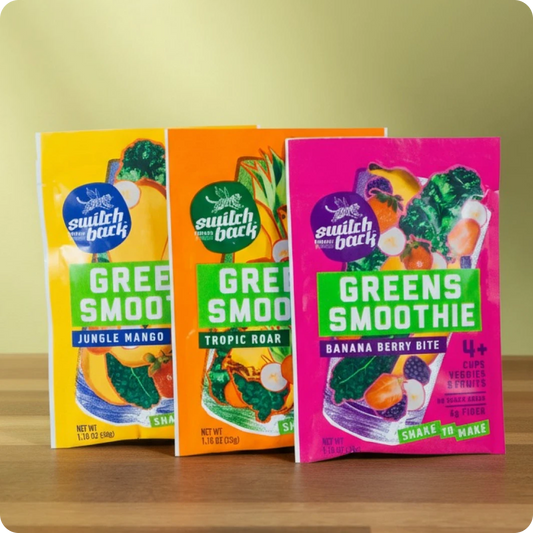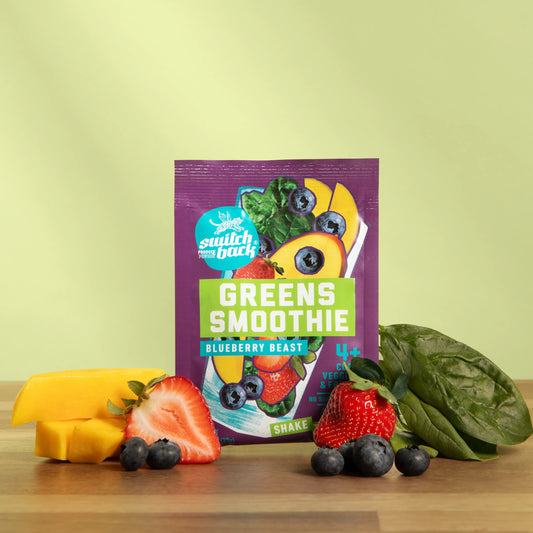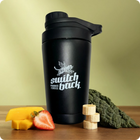
Healthy Snacking
Facts About Healthy Snacks
A healthy snack is one that provides your body with essential nutrients while keeping you feeling satisfied and energized. According to the Academy of Nutrition and Dietetics, a well-balanced snack should ideally contain a combination of carbohydrates, protein, and healthy fats [1]. This combination helps regulate blood sugar levels, prevents energy crashes, and promotes satiety, preventing overeating later [2].
Examples of healthy snacks include fruits with a handful of nuts or nut butter, vegetable sticks with hummus, yogurt with berries and granola, or hard-boiled eggs with whole-wheat crackers. It's important to be mindful of portion sizes, even with healthy snacks, as exceeding your calorie needs can still lead to weight gain [1].
Remember, individual needs can vary, and it's always recommended to consult a registered dietitian or healthcare professional for personalized guidance on healthy snack choices for your specific health goals and dietary needs.
Focus on the food groups
There are five major food groups; fruits, vegetables, grains, protein and dairy. What you will find is that nutrient dense foods tend to fall in these categories and are natural, minimally processed.
Fruit
Fresh fruit makes an ideal snack. It is an easy and effective way to boost your micronutrient intake as fresh fruit is packed with important nutrients. Dietary guidelines suggest getting two cups of fruits per day.
Did you know that frozen fruit is often considered healthier than fresh fruit? The reason behind this is that fresh fruit is picked well before it is ripe, leaving nutrients on the vine not the fruit. Frozen fruits are more nutrient dense foods often because they are picked at their ripest and frozen immediately to lock in nutrients. You can never go wrong in your snacking habits if you include fruit, fresh or frozen!
Freeze dried fruit is another great option! Similar to frozen, it is often more nutrient dense than fresh and has a shelf life hundreds of times (or thousands) than fresh fruit.
Vegetables
Nutrient intake is vital from real foods and there are few foods that deliver essential nutrients as fast, or easily as raw vegetables (or freeze dried). Spinach, kale, and other greens are essential in helping maintain a healthy weight.
While greens may not be your go to snack, vegetables like carrots, peppers, cucumbers, and cherry tomatoes make incredible nutrient dense snacks that you don't need to feel guilty about!
Grains
Grains, a cornerstone of a healthy diet, provide our bodies with essential carbohydrates, the main source of energy for our cells. Whole grains are particularly recommended as they offer a complete nutrient package including fiber for digestion, B vitamins for energy metabolism, and various minerals to support overall health.
Finding and focusing on products that are minimally refined (white flour) and focusing on things with whole grains make healthy snack choices as they fill you up, and satiate. Whole grains make for energy dense snacks!
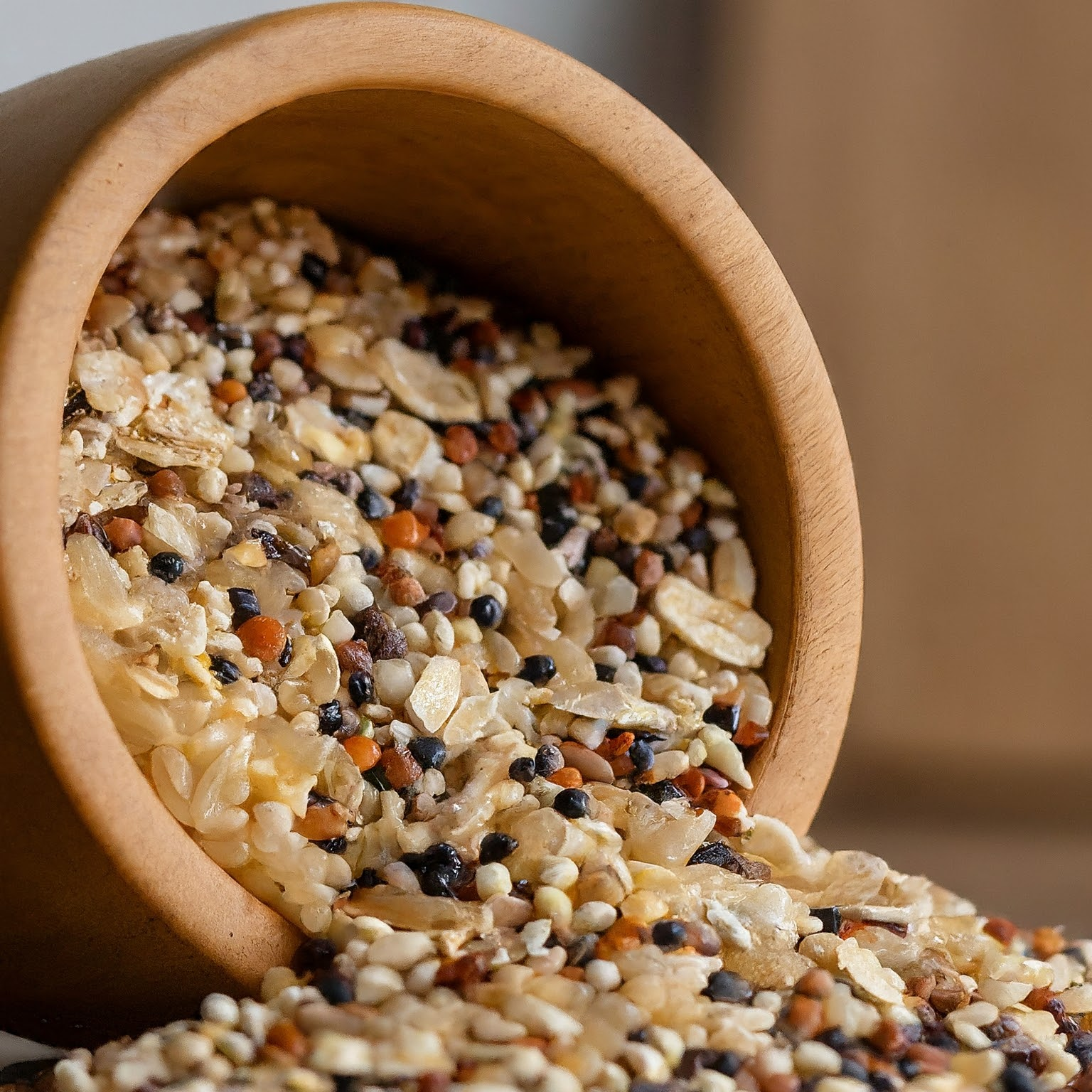
Protein
Protein is a food group we all hear of! It has dominated all things for the last 20 years. Protein is the building block of life! It's used to repair tissues, build muscle, and power enzymes that keep all your bodily functions running smoothly. From feeling full after a meal to having strong hair and nails, protein plays a crucial role in keeping you healthy and energized. Healthy snacks often include protein dominated snacks like beef sticks, beef jerky, and other health snack foods like nuts.
Motivations to snack
Many of us struggle with snacking! The motivations to snack can come fro multiple things. First, it could be because you are hungry. It could be because you changed your meal patterns, or it could be because you are waiting for your next meal which you know is going to be a big one!
Others have food insecurity and find that when food is around they need to eat because they don't have more food at home. One of the most commonly heard is simply mindless eating habits. Being bored and around food can be a bad combination!
Potatoes, bread, rice, pasta and other starchy carbohydrates
While these aren't necessarily bad options for snack food, there are healthier snack choices. Unhealthy snacks are typically snacks like potato chips, highly processed breads and starchy carbohydrates. While these aren't always unhealthy snacks, there are more nutrient dense foods that you can find!
Grabbing a bag of potato chips as an occasional snack food won't kill you, but if you are looking for optimal snack foods that deliver healthy snacking then focus on foods with both good micro and macro nutrients.
Snacking concerns
An unhealthy snack vs healthy snacks be tough to differentiate. Snacking is a part of life, and food is to be enjoyed. Health snack foods and healthy snacks are undoubtedly going to help make your life better. So the questions arises, when do I have a concern?
Snacking may be a concern in two primary scenarios:
First, if you are reaching for junk food and sugary snacks daily, this may be an issue. These are typically not nutrient dense foods which mean you are getting calories, but not nutrients. Healthy eating and healthy snacking relies on well balanced foods and nutrient dense foods.
The second area of concern is when snacking changes your food consumption patterns. If your food intake is made up of consuming snacks frequently and this is where most of your daily calories are coming from this can have a negative impact on your health. Healthy eating revolves around eating three well balanced meals and a few healthy snacks intermixed. If snack foods have replaced meals, it may be a good idea to consult a Registered Dietitian and discuss your meal patterns.
Distracted eating
Distracted eating, like eating lunch at your desk while working, can be bad eating behaviors. We often lose track of how much we're consuming when our attention is elsewhere leading us to consume snacks that simply aren't nutrient dense or healthy. This can lead to overeating and feeling unsatisfied, even after a large meal which can lead to weight gain. By putting down your phone, or turning off the TV, and focusing on your food, you can savor the flavors, chew more thoroughly, and tune into your body's hunger cues, promoting healthier eating habits. Distracted eating is often accompanied by unhealthy snack options not good ones nuts or whole grain crackers.
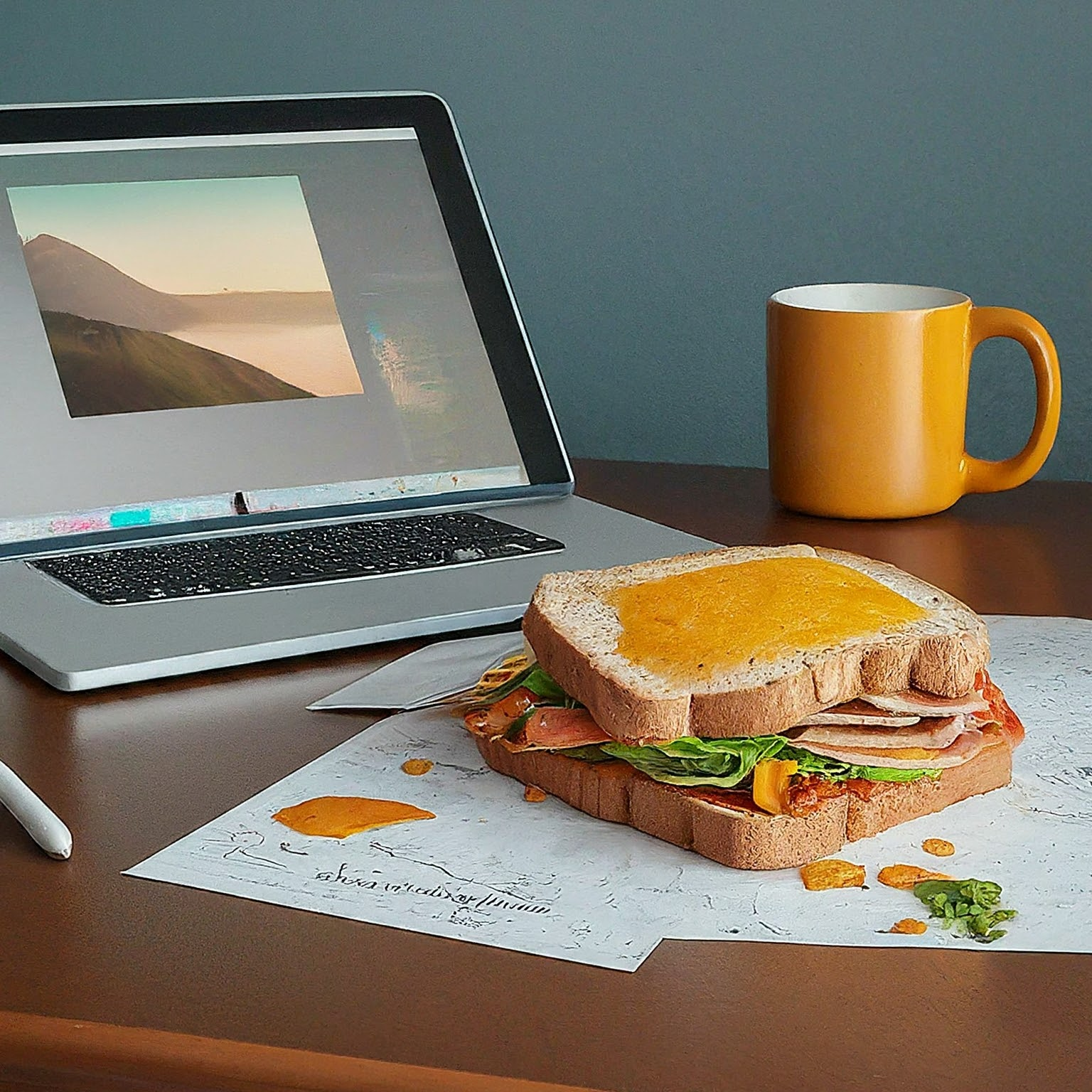
Heart health
Here are some tips for healthy snacking that is good for your heart:
-
Focus on whole foods. Choose snacks that are made from whole ingredients, such as fruits, vegetables, nuts, seeds, and and whole grain crackers.
-
Limit processed foods. Processed foods are often high in unhealthy fats, added sugars, and sodium. These are often not healthy choices and should be an occasional treat.
-
Pay attention to portion sizes. It's easy to overdo it on calories, even with healthy snacks. Be mindful of how much you're eating. Read the nutrient panel and understand the dietary guidelines.
-
Read food labels. This is a good way to track your intake of saturated fat and trans fats, added sugar, and sodium. Healthier snack options also tend to have more micro nutrients which are the lower half of a nutrient panel.
-
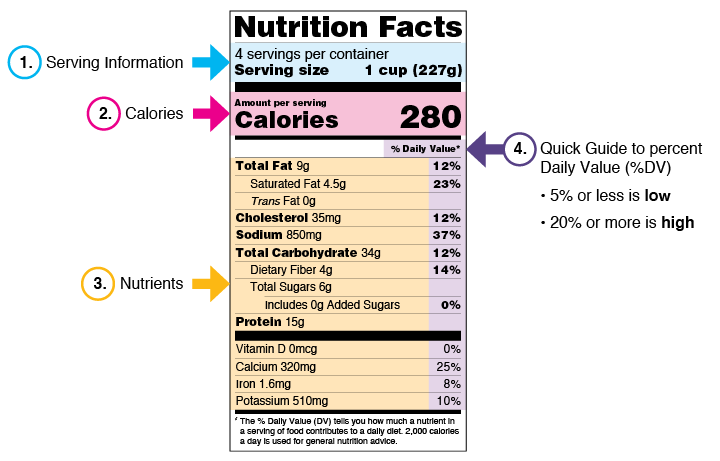
By making smart snacking choices and consuming food that is less processed, you can help keep your heart healthy and reduce your risk of chronic diseases.
Current Snack Choices
Snacking has been changing for the last 50 years, and more recently we have seen larger and faster changes all based on marketing and getting the consumer to eat more snack foods. Some of the scarier trends of the past 15 years have been things like 100 calorie packs, "Low Fat" labels and other marketing claims that are eye catching to the consumer.
A healthy snack will be minimally processed, and loaded with nutrients. Unfortunately, the consumer has been ingrained in the fact everything needs to be ready to eat and on the go, which means we turn away from easy and healthy options like a homemade trail mix, frozen grapes, peanut butter, nut butter, cottage cheese and whole grain crackers. These all make excellent and easy snacks to eat, however almost none of these are prepackaged and "on the go" like the processed junk food.
To find better snacks, focus on the same foods you would eat during a meal, but on the go. For instance, a nutritious snack could be making a smoothie and having it on the go or cutting up grapes and bring them with on your travels. Healthy snacks are not as tough as the big food companies would lead us to believer
To make a healthier snack, focus on fruits, vegetables, lean protein and foods low in added sugar.
Foods for snacks
Healthy snack ideas can be found online and by talking with a Registered Dietitian. Ideas of nutritious snacks:
Homemade trail mix - 1 cup of almonds with 1/4 cup raisins, 1/4 cup of marshmallows.
Smoothies - Switchback smoothie packet in your favorite liquid!
Grain crackers with cheese.
Vegetables and fruit with hummus.
Conclusion
Nutritious snacks consist of nutrient dense snacks like almonds, fruit, vegetables and whole grains. Eat snacks like these to help you from having weight gain and always in moderation. With few exceptions like fruits and vegetables, moderate all snacks and have sparingly if highly processed. A candy bar doesn't make a great snack, but it makes a great treat! Your snack choice can make a major difference in your overall wellbeing and can help your energy balance.
